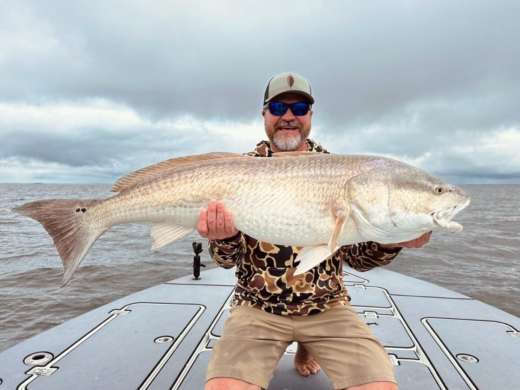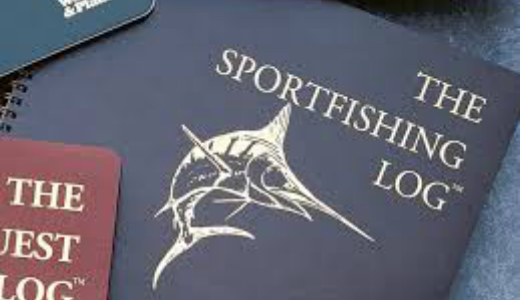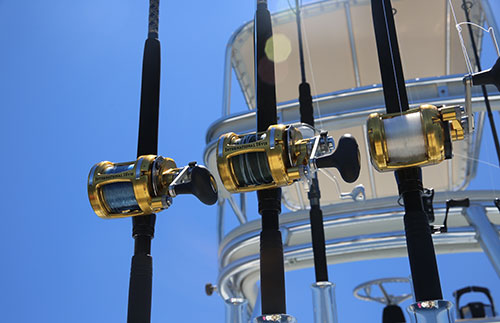The Fishing Log Book…….Your Fishing Bible
A fishing log book is one of the most underused of all fishing tools. Even in today’s world of electronic gadgetry, a fishing log book is key to successful fishing. From just notes in a small tablet to a more organized log book that lists a full array of fishing questions on each trip.
While electronic tools like the GPS can take us to the hot spots, they can’t tell us when it’s 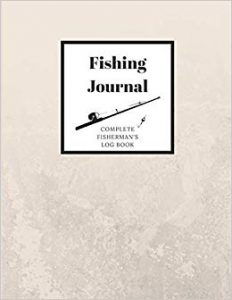 the best time to hit that hot spot. It also won’t tell you things like the water temp and the directions of the winds, time of day and lures you used the day you fished that spot and filled the fish box. That GPS also cannot record your thoughts and other information. It tells you where to go and how to get there. Fishing numbers are great, a complete catalogue is invaluable.
the best time to hit that hot spot. It also won’t tell you things like the water temp and the directions of the winds, time of day and lures you used the day you fished that spot and filled the fish box. That GPS also cannot record your thoughts and other information. It tells you where to go and how to get there. Fishing numbers are great, a complete catalogue is invaluable.
The problem is that most anglers and I put ourselves in the category that we believe that we can remember all the important details of each spot from year to year or even week to week. The fact is, I can’t remember what I had for breakfast and or where I left my cell phone, so it makes me question myself on how I can remember the lure I was using the day I caught all those redfish last month. The fish log is a documented record of your days fishing that chronicles everything from the gear you used to the conditions, time of year and level of success. It can also be the basis of where to go and not go. Just running from fishing spot to fishing spot hoping to get lucky is costly and can eat up a good day on the water. So, keep in mind that the fishing log can help you know which spots are productive and when they’re not, thus saving you time and gas.
Everyone is different when it comes to keeping a log book. Some are detailed and some are just notes of general information and call it a day. However, it is important to keep a log. Make your notes while you are at the actual spot prior to leaving. The longer you wait, the less detail and correct your information will be. Learning to describe environmental conditions in consistent terms is also helpful. Certainly, weather conditions should be mentioned in any daily fishing log. These conditions should include temperature, wind speed, and cloud coverage. If significant changes occurred during the outing, such changes should be noted in as much detail as possible. Another thing to note is the moon phase and position in the sky, especially if a hot bite or drop-off in action obviously coincided with a particular part of the moon’s daily travels around the globe. Understanding how the moon phase and position in the sky potentially affect the bite in an area can be critical in formulating plans for the timing of outings.
Describing the water in consistent terms like ultra-clear, clear, trout green, sandy and murky would be one effective way; ranking the clarity on a scale of one to five or one to ten is another. In the numbering system, a one might equate with ultra-clear while five would equal murky. Taking the scale out to ten would obviously give greater specificity than a five point system. Being specific is key to all good fishing logs.
Consistently catching fish on artificial lures requires skill in fish location, fishing strategies, lure choices and presentations. People who have the most information with which to work have the greatest chance of making the right choices more of the time. Recording as much specific data as possible aids in this endeavor.
It’s never to late to start a fishing log. It will provide a greater sense of control and better returns when it comes to your fishing efforts. These results can also be shared with your closest fishing buddies and even be traded with other anglers for their information. Start your fishing log today.
You may be interested
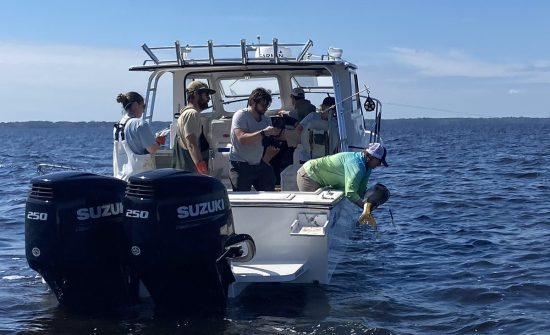
Satellite Tracking Study Aims To Unlock More Red Drum Secrets
Tim Wilson - April 8, 2025A pilot study tracking a popular saltwater fish was not expected to yield as much information as it did in its first year. When the North Carolina…

9 Things Fishing Guides Won’t Tell You
Tim Wilson - April 8, 2025We’re all amazed at how fishing guides nearly always know what to do and where to go to put fish in the boat. Most guides are fishing…
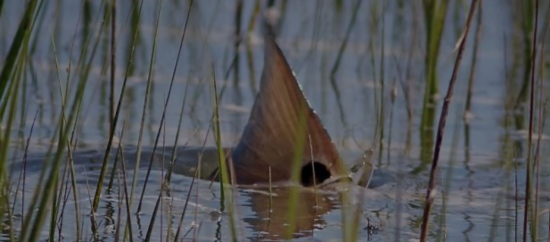
How the Moon Phase Impacts Inshore Fishing
Tim Wilson - April 3, 2025The late spring and early summer months are a time of the year when the inshore goes thru a transition period. It's when the fish come out…
Most from this category
